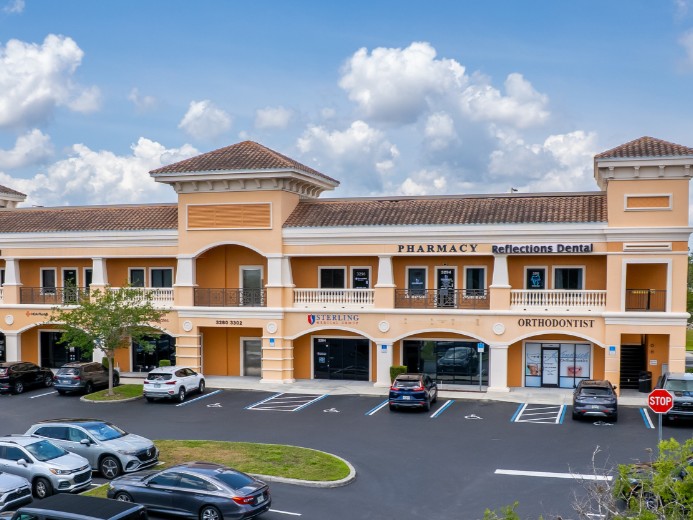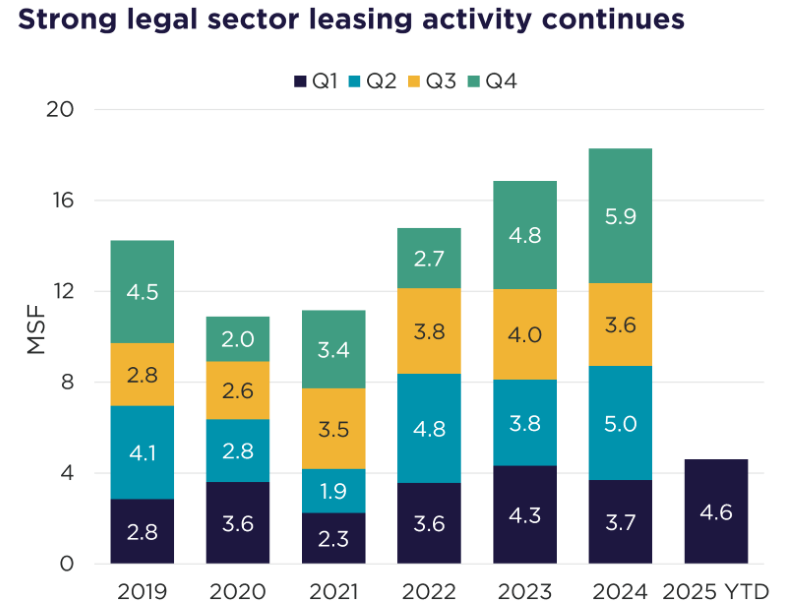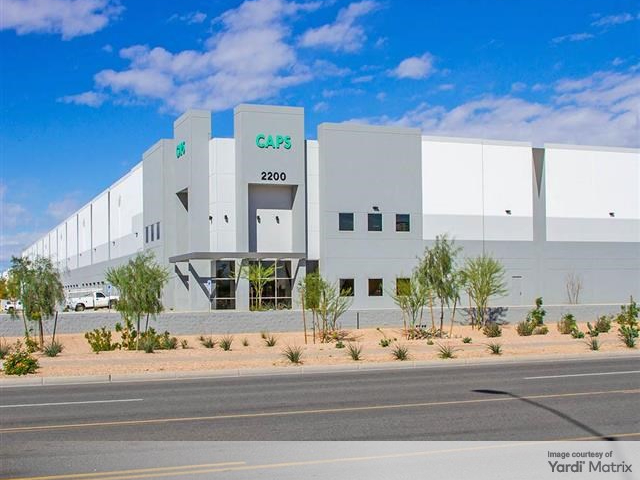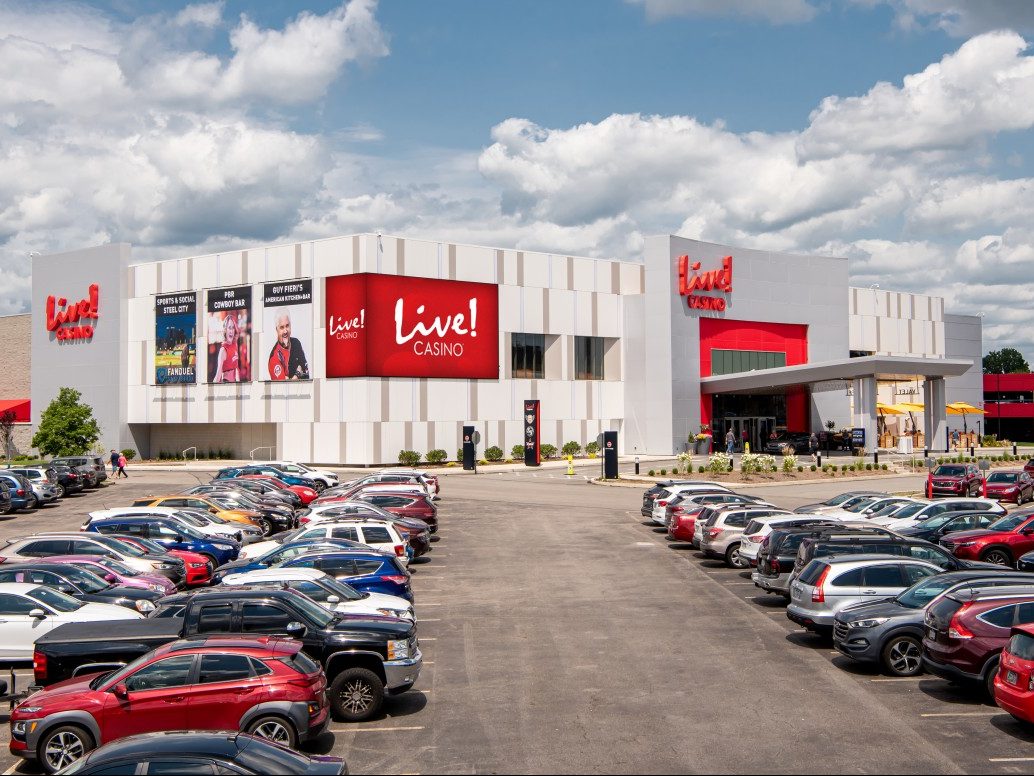DAILY READS: Feb. 6, 2020
New York City eliminates the broker's fee. Bay Area retail seems to be thriving. Why it's so difficult to build multifamily in California. Here's a batch of other critical content for you to read, listen to or watch.
Opinion: Let’s Quit Fetishizing the Single-Family Home
“Last week, California lawmakers rejected an effort to override restrictive zoning regulations across the state for the third year in a row. Most of the land available for residential development in California is zoned for single-family homes, according to researchers at U.C. Berkeley’s Turner Center for Housing Innovation; the typical California city allows multifamily developments like apartments, townhouses and duplexes on less than a quarter of its land.”
—New York Times
ETFs Make the Bond Market Safer, Bank Analysts Say. No kidding, Say ETF Analysts.
“’Hallelujah,’ said Todd Rosenbluth, head of ETF research at CFRA, of the bank’s observation. ‘This is the reality. Bond ETFs trade every day, even though the underlying securities may be less liquid.’ As investors pile into bond funds, Rosenbluth said, “the whole bond market is enhanced.”
—MarketWatch
 Broker Fee Reform Draws Ire From Real Estate Industry, Tepid City Support
Broker Fee Reform Draws Ire From Real Estate Industry, Tepid City Support
“‘Hundreds crammed into a Thursday City Council hearing on a package of bills aimed at reforming rental transactions, and hundreds more lined the gates of City Hall, waving signs scrawled with ‘Don’t cap my income’ and “Agents are tenants too.” The impassioned crowd cheered and jeered throughout hours of heated testimony as renters and brokers weighed in on the legislation.'”
—Curbed
Retail Apocalypse Spares Robust Bay Area Property Market
The Bay Area’s robust retail property market has dodged the worst effects of a brutal retail apocalypse that has jolted merchants around the country, a new real estate report shows. A muscular Bay Area economy, pumped up by steady hiring and rising wages in a red-hot Silicon Valley tech sector, has helped fortify shops and restaurants against the effects of a downturn that has battered some brick-and-mortar stores nationwide, according to a report from Colliers International, a commercial real estate firm.
—Mercury News
NYSTRS places $150M Into Cabot Industrial Real Estate Fund
“The fund will mostly invest in the US by targetting a mixture of stabilised properties, assets that need to be repositioned or providing equity to build new industrial properties.”
—IPE Real Assets
Developer Trammell Crow Plans New Uptown Dallas Tower Project
Developer Trammell Crow Co. is eyeing another major project in Dallas’ booming Uptown district. After the success of its $350 million Park District mixed-use project on Klyde Warren Park at Pearl Street, Crow Co. has been scouting the area just north of downtown for another building locations.
—Dallas Morning News
Big South Side Apartment Portfolio Lands in Bankruptcy Court
“An affiliate of the Better Housing Foundation that owns the South Side buildings filed for Chapter 11 bankruptcy protection in late January after defaulting on about $13.6 million in bonds secured by the properties. The venture has signed an agreement to sell the buildings, which total 281 units, to Pangea Properties, a Chicago-based landlord that owns thousands of apartments in the city, said Better Housing Foundation President Andrew Belew.”
—Curbed Chicago







You must be logged in to post a comment.